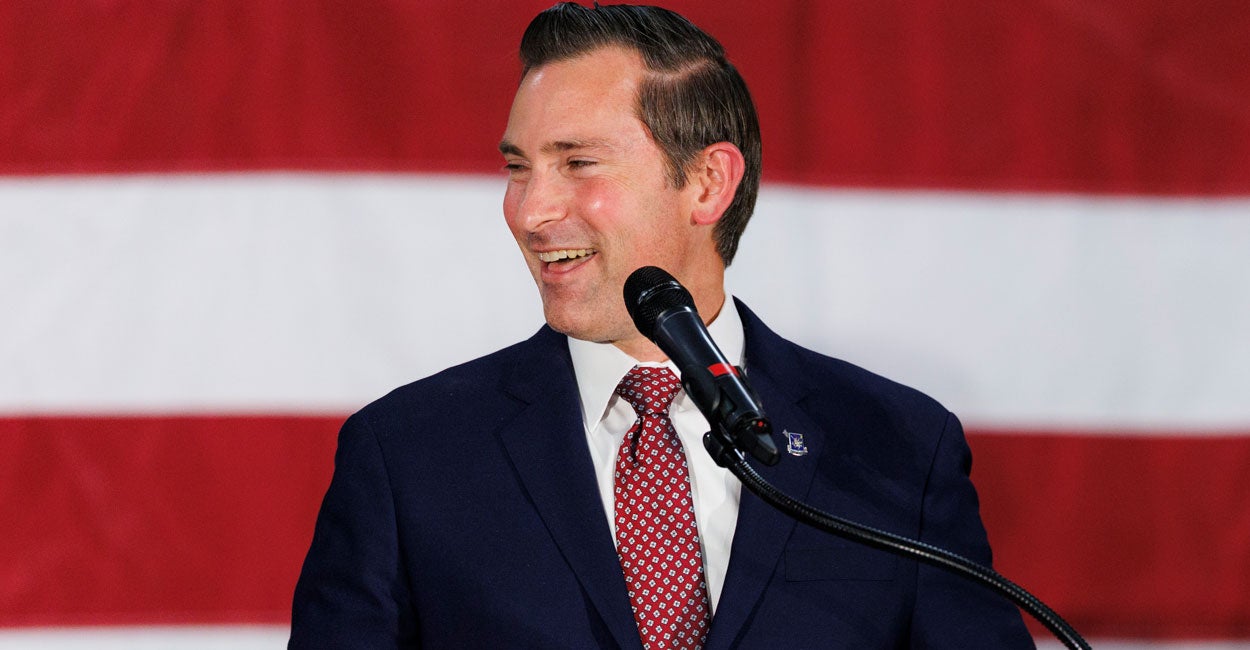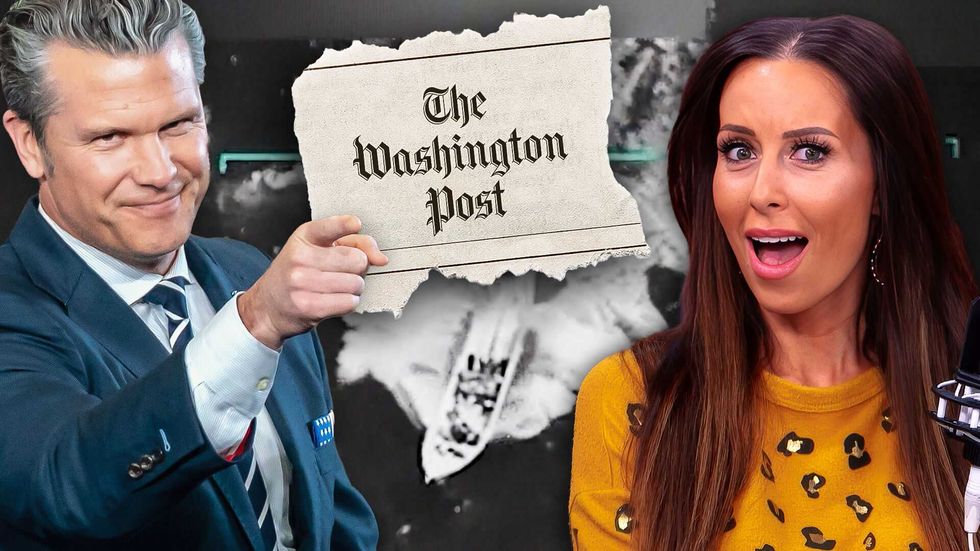Bessent Says U.S. Can ‘Grow Our Way Out Of’ National Debt Crisis By Focusing On Economy

Treasury Secretary Scott Bessent argued on Friday that the country’s massive debt can be controlled by growing the U.S. economy.
Bessent addressed concerns over President Donald Trump’s “Big, Beautiful Bill” adding to the national deficit during a segment with Fox News host Bill Hemmer. A Congressional Budget Office report released earlier this week said the Republican bill passed by the House on early Thursday morning will add $3.8 trillion to the deficit over the next decade. The national debt is rapidly approaching $37 trillion as the federal deficit currently sits at over $2 trillion.
“We think that we can both grow the economy and control the debt,” Bessent said. “And what’s important, Bill, is that the economy grows faster than the debt.”
He added that Americans should focus on the debt-to-GDP ratio “because we can grow our way out of this.” In December, U.S. debt accounted for 124% of the nation’s nominal GDP, which was down from the all-time high of 130.4% in March of 2021.
“If we change the growth trajectory of the country, of the economy, then we will stabilize our finances and grow our way out of this,” Bessent continued.
.@SecScottBessent: "What's important is that the economy grows faster than the debt… If we change the growth trajectory of the country, of the economy, then we will stabilize our finances and grow our way out of this." pic.twitter.com/aplXNS5mLP
— Rapid Response 47 (@RapidResponse47) May 23, 2025
The approach touted by Bessent focuses on reducing taxes, a major part of Trump’s “Big, Beautiful Bill.” The idea is that lower taxes and deregulation will create a thriving economy and boost manufacturing, sales, and consumer spending, which will in turn increase tax revenue without raising taxes.
Last year, however, the Congressional Budget Office projected that the deficit would continue to outpace economic growth over the next 30 years.
Memorial Day Sale – Get 40% Off New DailyWire+ Annual Memberships
“The deficit increases significantly in relation to gross domestic product (GDP) over the next 30 years, reaching 8.5 percent of GDP in 2054,” the office stated. “That growth results from rising interest costs and large and sustained primary deficits, which exclude net outlays for interest.”
During the 2024 campaign, Bessent said that his goal is to “cut the deficit to 3% by 2028; achieve 3% real economic growth, largely through deregulation; and then add 3 million new barrels of energy per day.” He told Bloomberg that Trump is concerned about addressing the national debt and wants to get it under control “without causing a recession.”
Some conservative Republicans raised concerns about Trump’s “Big, Beautiful Bill” not doing enough to cut back on government spending. Two House Republicans, Reps. Thomas Massie of Kentucky and Warren Davidson of Ohio, voted against the legislation, citing the federal deficit.
“While I love many things in the bill, promising someone else will cut spending in the future does not cut spending. Deficits do matter and this bill grows them now. The only Congress we can control is the one we’re in. Consequently, I cannot support this big deficit plan. NO,” Davidson said on Thursday.
The White House called the two GOP congressmen “grandstanders.”
“I don’t think he likes to see grandstanders in Congress,” White House Press Secretary Karoline Leavitt said of Trump’s thoughts on Massie and Davidson. “What’s the alternative? I would ask those members of Congress. Did they want to see a tax hike? Did they want to see our country go bankrupt? That’s the alternative by them trying to vote ‘no.’ The president believes the Republican Party needs to be unified.”
In the Senate, the bill faces more hurdles as multiple Republicans have raised concerns on numerous topics. Sen. Rand Paul (R-KY) said he will vote against the bill unless they “take the debt ceiling off of it.”
“We’ve never, ever voted to raise the debt ceiling this much. It’ll be a historic increase. I think it’s not good for conservatives to be on record supporting a $4 [trillion] or $5 trillion increase in the debt ceiling,” Paul said.
Originally Published at Daily Wire, Daily Signal, or The Blaze
What's Your Reaction?
 Like
0
Like
0
 Dislike
0
Dislike
0
 Love
0
Love
0
 Funny
0
Funny
0
 Angry
0
Angry
0
 Sad
0
Sad
0
 Wow
0
Wow
0











































































